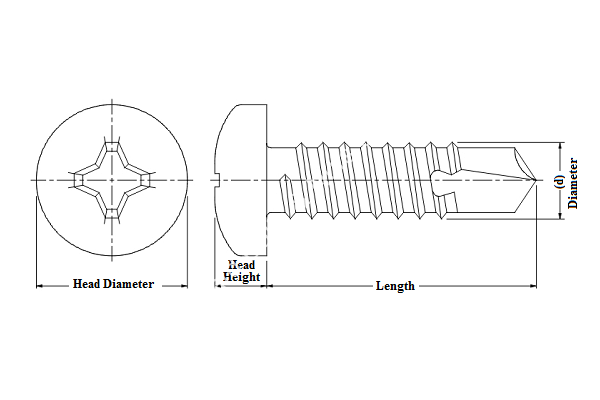Choosing the Right Drywall Screw Length for Your Ceiling Installation Needs
Understanding Drywall Screw Length for Ceiling Installation
When it comes to installing drywall on ceilings, choosing the right screws is crucial for ensuring a secure and stable finish. Drywall screws are specially designed to fasten drywall sheets to wooden or metal studs, and their length plays a significant role in the overall quality and durability of the installation. In this article, we’ll delve into the importance of selecting the appropriate drywall screw length for ceilings and offer guidance for both DIY enthusiasts and professional contractors.
Why Screw Length Matters
The length of drywall screws directly affects how well they penetrate into the framing members of a ceiling. If the screws are too short, they may not reach the studs, compromising the stability of the drywall. On the other hand, excessively long screws can penetrate too deeply, causing damage to electrical wires or plumbing that may be located behind the walls. Therefore, understanding the right length for drywall screws is essential for a successful installation.
Recommended Screw Lengths
When installing drywall on ceilings, the most common screw lengths are 1-1/4 inches and 1-5/8 inches. The choice between these lengths will depend on the thickness of the drywall and the type of framing used
1. For 1/2-inch Thick Drywall The ideal screw length is 1-1/4 inches. This length ensures that the screws adequately penetrate through the drywall into the wooden or metal studs, providing a strong grip without risking damage to hidden components.
2. For 5/8-inch Thick Drywall In this case, 1-5/8 inch screws are recommended. The additional thickness of the drywall requires a longer screw to ensure proper anchoring into the studs.
Factors to Consider
When selecting drywall screws for ceiling installation, there are several factors that you should consider to ensure optimal results
drywall screw length for ceiling company

- Type of Framing Whether you are working with wood or metal studs will influence your choice of screw length. Metal studs often require specific types of screws that are designed to grip differently than wood screws.
- Drywall Thickness Always adjust your screw length based on the thickness of the drywall you are using. Standard residential drywall is typically either 1/2 inch or 5/8 inch thick.
- Project Type If your ceiling is likely to bear significant weight (for instance, if you’re installing a ceiling with additional features like crown molding), consider using screws that are slightly longer, ensuring they reach a solid anchor point in the studs.
Installation Tips
1. Use a Screw Gun When installing drywall, a screw gun is preferable to an ordinary drill. A screw gun allows for better control, helping to set the screws just below the surface of the drywall without breaking the paper. This is important for achieving a smooth finish.
2. Space Your Screws Correctly For ceiling installations, screws should be placed approximately 12 inches apart along the edges of the drywall, and 16 inches apart in the field (the middle sections). This spacing provides adequate support and helps prevent sagging over time.
3. Don’t Overdrive Screws It’s essential to drive screws just enough to sink the head slightly below the surface of the drywall without breaking it. Overdriving can lead to damage and make it harder to achieve a smooth finish when taping and mudding.
Conclusion
Choosing the right drywall screw length for ceiling installations is an integral part of the drywalling process. By selecting the appropriate length based on drywall thickness and framing type, and by taking the time to install them properly, you can create a secure, professional-quality finish. Whether you are a DIYer tackling a home renovation or a professional contractor, a solid understanding of screw length will aid in delivering a long-lasting and visually appealing drywall installation. Remember to follow the recommended guidelines, and your ceiling project is sure to be a success.
-
Top Choices for Plasterboard FixingNewsDec.26,2024
-
The Versatility of Specialty WashersNewsDec.26,2024
-
Secure Your ProjectsNewsDec.26,2024
-
Essential Screws for Chipboard Flooring ProjectsNewsDec.26,2024
-
Choosing the Right Drywall ScrewsNewsDec.26,2024
-
Black Phosphate Screws for Superior PerformanceNewsDec.26,2024
-
The Versatile Choice of Nylon Flat Washers for Your NeedsNewsDec.18,2024










